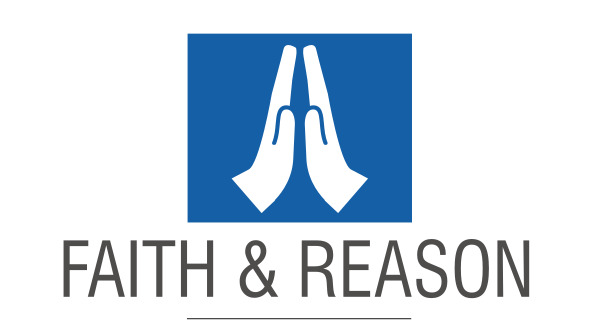

The opening of skifields coincides, serendipitously, with the July school holidays. An influx of tourists (domestic and Australian) provides badly needed business for towns feeling the economic effects of two years of Covid restrictions.
From July 31 the country reopens its borders to any vaccinated travellers and, undoubtedly, will become, again, an attractive holiday destination. Prior to Covid, nearly 10% of New Zealand’s GDP (direct and indirect value added) was generated by tourism, while international tourism contributed 20.4% to New Zealand’s total exports of goods and services.
Practically, the rebooting of our international tourism industry faces some significant obstacles. The numbers of seasonal migrant workers — essential to the profitability of the tourism industry — has diminished.
Even once these workers return, rising living costs, and housing affordability in tourist towns, make their ongoing presence uncertain and our dependence upon them morally questionable. As Minister of Tourism Stuart Nash stated earlier this year: "Tourism can no longer be built on the back of cheap labour."
Alongside the treatment of migrant workers there are other critical moral issues to consider as we reopen to international tourism. Mass tourism, like all modern consumer industries, is a double-edged sword. It provides employment and income for businesses, communities and countries.
However, the consumer mentality tends to turn places and people into commodities, and the fantasy of endless, unlimited growth and expansion of tourism is, ultimately, self-destructive.
In the five years before 2013, Aotearoa New Zealand averaged 2.5million visitors per annum. By 2019 this figure had grown exponentially to nearly fourmillion visitors per year. Prior to the pandemic-enforced closure there was a growing clamour over the negative environmental, social and cultural impacts of mass tourism.
Freedom-camping waste, the inadequacy of small-town infrastructure, the inability of New Zealanders to access recreation options and the way tourism exacerbated existing issues (e.g. housing accessibility and affordability) all became subjects of intense public debate. Recent initiatives have sought to respond to these concerns, notably the introduction of a visitor tax to fund conservation work and tourism infrastructure. But are these initiatives sufficient?
In truth, the continuation of mass international tourism in an era of global climate change raises significant ethical questions.
For instance: a return flight from London to Auckland produces 6.03tonnes of carbon dioxide (CO2) emissions per passenger. While international air travel has become more democratised over recent years, it remains the preserve of the wealthy. Only 4% of the world’s population flew internationally in 2018, and half of all emissions from commercial flights come from 1% of the world’s population. Aotearoa New Zealand finds itself in an ethical quandary. Our economy depends upon industries — intensive agriculture and international tourism — with significant environmental and carbon footprints.
With fossil fuel-free international travel still many years away, can we offer genuinely ethical tourism in Aotearoa? If we understand our role as kaitiaki as not merely relating to Aotearoa New Zealand but as citizens of a shared global home then what does this mean for future tourism in Aotearoa? Do we, like other desirable destinations around the world, set an annual tourist cap? If so, how would we determine eligibility? A low-volume, high-expenditure approach might be good for the New Zealand economy but turning the country into a holiday destination for the uber-rich is, I would suggest, morally objectionable. Do we offer a lottery for annual visitors?
The Tiaki Promise, launched in 2018, invites international visitors to make a commitment:
While travelling in New Zealand I will:
Care for land, sea and nature, treading lightly and leaving no trace. Travel safely, showing care and consideration for all. Respect culture, travelling with an open heart and mind.
The power of ethical commitments stems from the force of the underlying narrative in shaping the imagination of the moral agents. Critical therefore for visitors and New Zealanders would be a deepening understanding of te ao Maori. But it is possible too to draw upon other traditions to shape the ethical imagination and therefore behaviour of both visitors/manuhiri and ourselves as hosts. Like tikanga Maori, the Judaeo-Christian tradition and other religious traditions have long histories of hospitality. This hospitality originated not in mass consumer tourism, but in the care of pilgrims.
The metaphor of pilgrimage encourages a different mode of travel. Landscapes and experiences are not commodities to be speedily consumed before rushing on but are to be savoured slowly. Visitors are not economic objects to extract money from but companions to share time and bread with. Perhaps our future is "slow tourism", where visitors are encouraged to stay longer, go deeper and instead of "leaving no trace" contribute something of their story to our own.
How might a metaphor of kaitiaki-pilgrims reshape our approach to tourism within Aotearoa, and also our mode of travel as we venture elsewhere in the world?
- Dr Andrew Shepherd is a lecturer in theology and public issues in the theology programme at the University of Otago.












